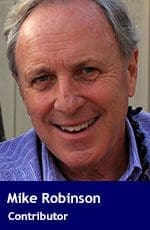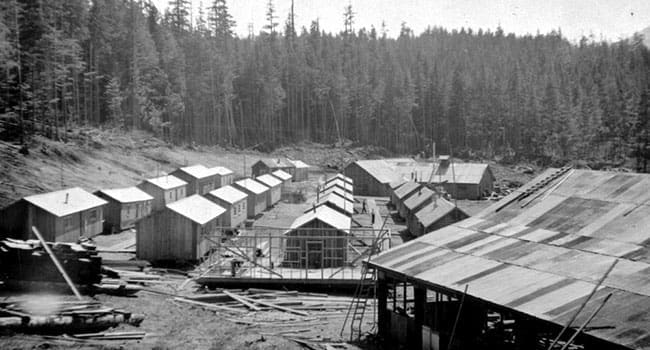 Facebook has been full of people posting early job memories recently. Friends have been posting lists of their first seven jobs, and encouraging me to do the same.
Facebook has been full of people posting early job memories recently. Friends have been posting lists of their first seven jobs, and encouraging me to do the same.
Many have been appending lists of lessons learned. They have in large measure been sobering thoughts about the world of work – the world that most of us are preparing to re-enter as summer vacations wind down. Many are planning to make Labour Day long weekend the last bastion of work denial.
All this makes me think back to the summers of my youth when paid work was introduced to my life. Paradoxically, it was work during summer, the traditional time of play. Was it possible to view work as play? Could you find paid work that was actually fun too? There was only one way to find out – find a job.
While I spent a few teenage summers working for my dad at his office, doing clerical chores and deliveries, it wasn’t until the summer of Grade 12 that I actually left home and really entered the world of independence, manual labour and hard reality. The lessons learned in that summer of 1969 are with me today, some 47 years later. I owe them all to MacMillan-Bloedel’s (AKA ‘Mac and Blow’) Juskatla logging camp in Haida Gwaii, and some of them to Mac Fraser, the side-hill foreman who became my first real boss.
Juskatla was a 200-man camp located at the end of a long gravel road through recently cut first-growth rain forest. It was Spartan as hell, without so much as a blade of grass or a garden flower to lighten its barracks appearance. It featured bunkhouses filled with two-bed rooms, gang showers and unbelievable toilettes, a big mess hall, and outside, a parking lot filled with dusty yellow ‘crummies,’ – crew buses that yarded us off to the hill-side cut-blocks after 7 a.m. breakfasts. The foreman told us on the first morning, “If you miss your crummy, consider yourself fired on the spot.”
While the camp functioned in English, it was English of a truncated vocabulary. On my first day as a choker-man (the lowest ranking crew member who wrapped wire cables, or chokers, around fallen trees so that they could be attached to a yarding cable and hoisted to a landing for loading onto logging trucks), when I asked what I was supposed to do, the foreman said: “Pay attention you little f_ k. Set that choker around that log like a necklace, pulling the bell through the eye. Then pull it harder than a whore’s heart.” I still remember standing there after this 10-second education in the finer parts of my new job, wondering why a whore’s heart was so hard.
Noticing that I appeared a bit stunned that first morning, Mac followed up with, “You look like you’re dreaming of Vancouver. Keep that up and you’ll be there tomorrow on the first f_ing plane out.”
And so the first day passed on that steep side-slope, as I slipped and fell and clambered over felled and bucked chunks of 500-year-old sitka spruce and red cedars, thinking about how my high school education had prepared me for the world of work. When I told Mac at lunch that I planned to go to college, he said, “I graduated from the school of hard knocks, something you know f_-all about.”
At the end of the first week I remember being absolutely physically exhausted. I slept almost through Saturday, and didn’t join the rest of the boys who went into town in Queen Charlotte City for beers and assorted shenanigans on Saturday night. On Sunday, I went for a long walk down to the bridge over Juskatla Creek and contemplated quitting.
However, Monday dawned, I ate breakfast at 7 a.m. and was first in line for the crummy at 7:45. Mac looked at me and said that he was going to give me the responsibility of “training a new choker-boy from the city, just like you,” today. “You better not screw up, college boy, ’cause I’ll fire your ass if you do.”
I ended up working the entire summer at Juskatla. And at the end of my last shift, Mac wished me good luck at UBC. “Don’t f_ up, kid.”
Mike Robinson has been CEO of three Canadian NGOs: the Arctic Institute of North America, the Glenbow Museum and the Bill Reid Gallery. Mike has chaired the national boards of Friends of the Earth, the David Suzuki Foundation, and the Canadian Parks and Wilderness Society. In 2004, he became a Member of the Order of Canada.
The views, opinions and positions expressed by columnists and contributors are the author’s alone. They do not inherently or expressly reflect the views, opinions and/or positions of our publication.


